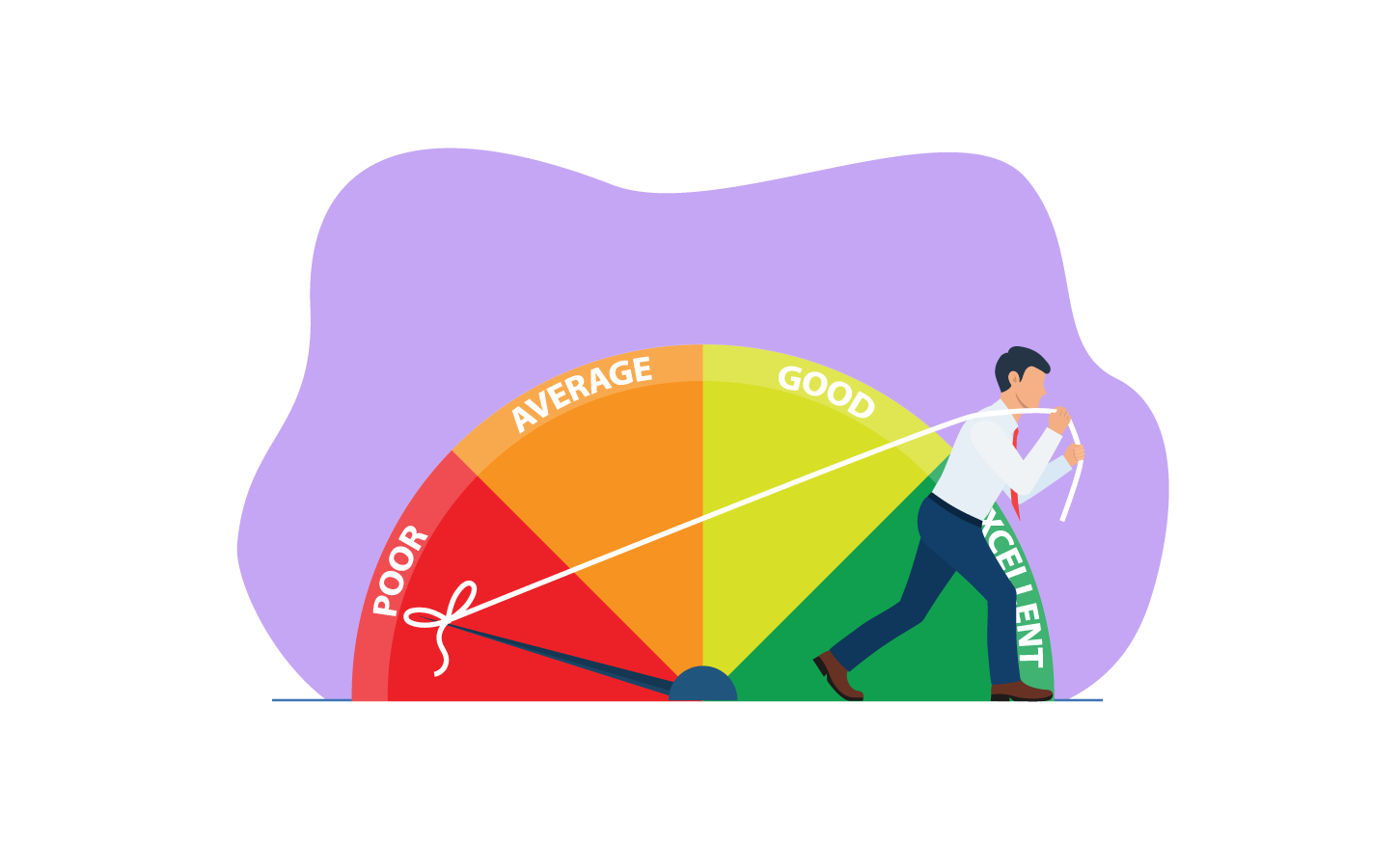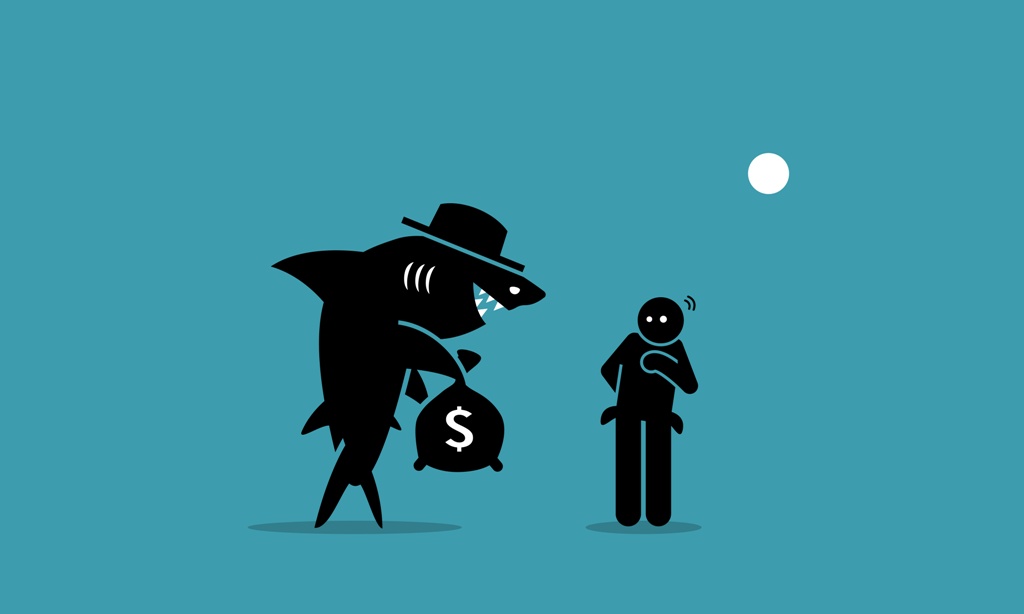Looking to get your first credit card but not sure what to expect? Credit cards are different from debit cards from the way they work to how rewarding your experience can be. When used right and responsibly, you will be surprised how much you can save from using credit cards instead of debit cards or even cash. To start you off, here are some basic things about credit cards you ought to know before you rush off to get your hands on one.
1. How It Works
When you use a credit card to pay for your purchases, you are essentially borrowing from the card issuing bank right from the moment you swipe your card. Whether or not this borrowing comes at cost depends on whether you pay your credit card bill in full and on time.
With credit cards, the bank offers you a line of credit that you can use to pay for things first but as with all things borrowed, you will have to return the bank the amount you owe (i.e. the amount you have charged to your card). As long as you pay your bill off punctually in full, you will not incur any interest charges.
2. Minimum Income
First things first, credit cards are made available to people who meet the minimum income requirement amongst other criteria such as credit history, credit score etc. There are cards that require people to make at least $50,000, $80,000, $120,000 per annum, cards that are only exclusively extended to the ultra rich, as well as cards that require a minimum annual income of $30,000.
Most basic credit cards in Singapore come with a minimum annual income requirement of $30,000, in line with what the Monetary Authority of Singapore has set for individuals below the age of 55. In case you are curious, there are also cards with credit limit of just $500 for tertiary students as well as people who with lower salaries.
3. Annual Fees
Credit cards typically come with annual fees and waivers for the first 1 or 2 years for new cardholders. The annual fees attached to each credit card varies, the higher end your card is, the higher the annual fees. Sometimes, all you have to do is request for a waiver nicely or through the automatic selections when you call the banks’ hotlines. Most often than not, banks are willing to waive off the annual fees and keep their customers happy.
4. Credit Limit
If you have an annual income of at least $30,000 or more, the maximum unsecured credit limit, that a financial institution can extend to you is 4 times your monthly income, including any other unsecured credit facilities. For those who are aged 55 and above but earning an annual income of less than $30,000, the maximum unsecured credit limit that a financial institution can extend to this group of people is 2 times their monthly income.
For example, if your monthly income is $3,000, the maximum credit limit that a bank can extend to you for unsecured credit facilities like credit cards is $12,000. Even if you have 2 or 3 credit cards from the same bank, your combined limit is still $12,000.
Though, if you have an annual income of $120,000 or more (or net personal assets over $2,000,000, the card issuer may use their own credit assessment to determine your maximum credit limit.
5. Fees And Charges
Late payment fee, interest on rolled over balances and subsequent purchases, balance transfer fee, interest on transferred balances, cash advance fee, interest on cash advances and foreign transaction fees are some of the various fees and charges that you want to keep in mind when using a credit card.
6. Best Way To Make Sure You Pay In Full Punctually
While you can settle your monthly credit card bills through several different ways (e.g. cheque, ATM, AXS Stations, internet banking, cash via bank branches), the best and most fuss-free way still goes to GIRO. GIRO ensures that your bills are always paid on time so there is no risk of ‘forgetting’. Just remember to opt for the full payment option when you are applying to have your credit card bills paid by GIRO, and always ensure you have sufficient funds in your bank account.
7. Types Of Credit Cards On The Market
There are hundreds of credit cards from which an individual can pick from across the different banks in Singapore. It sure is overwhelming for anyone who is not familiar with what banks have to offer.
The two most general types of credit cards are cashback credit cards and rewards credit cards. The former offers cardholders cash rebates or cash rewards while the latter often offers cardholders rewards points that they can then redeem for air miles, cash rebates, merchandise, vouchers, gifts etc.
Delving further into rewards credit cards, know that there are sub-categories comprising different types of rewards credit cards. These typically offer consumers travel rewards, dining rewards, shopping rewards, petrol rewards and grocery rewards. Some cards are more well-rounded in terms of the types of rewards they offer while some are more niche.
About the Author

Led by a team with invaluable expertise across Singapore’s licensed moneylending, banking, and finance industries, CompareSing provides users with a streamlined yet informative experience at every step of their loan journey.


















